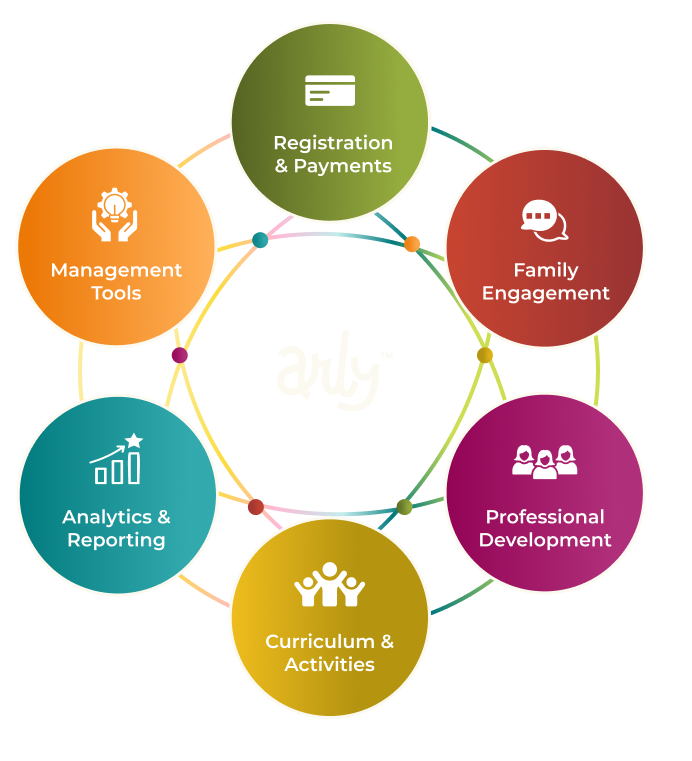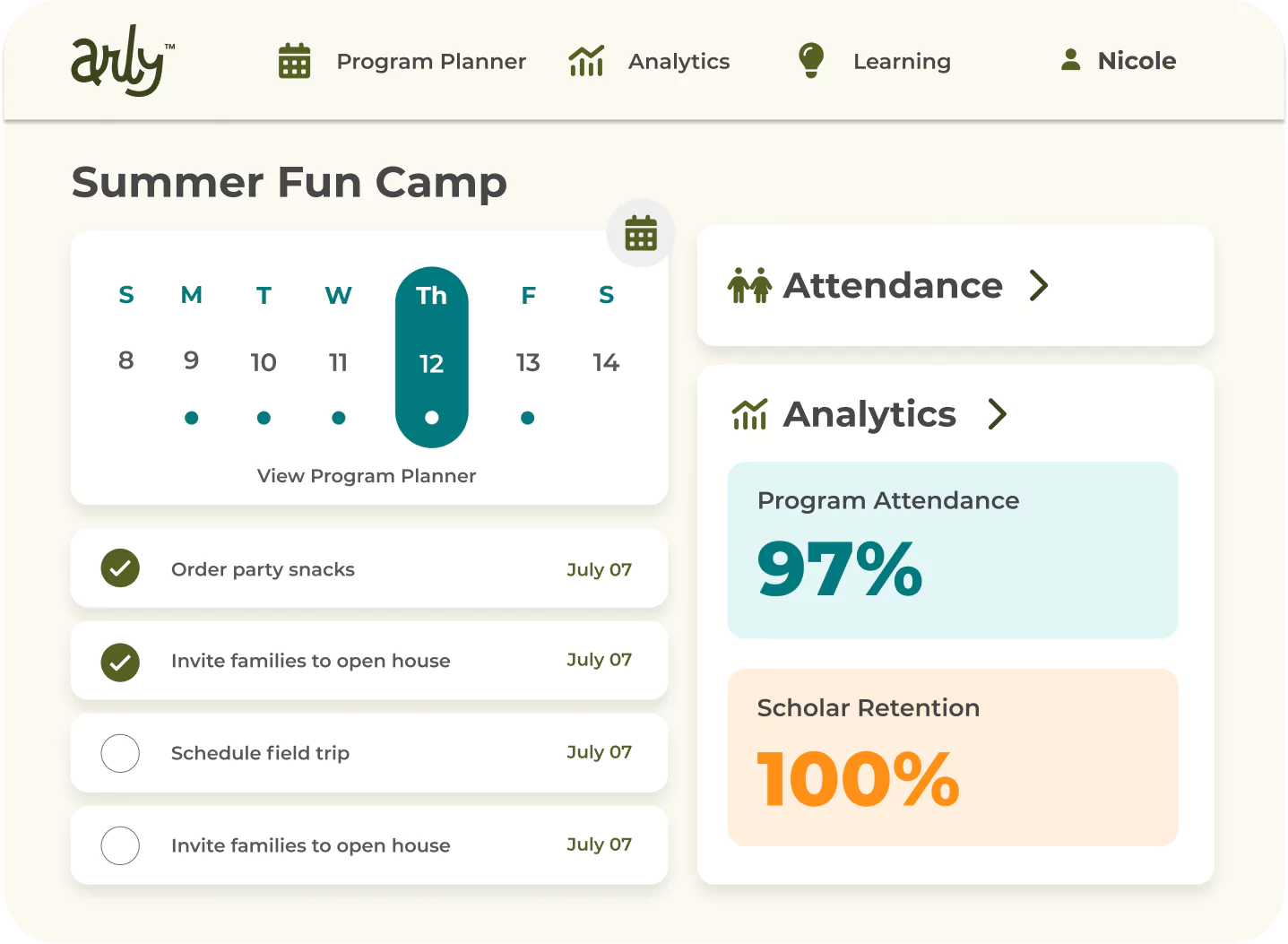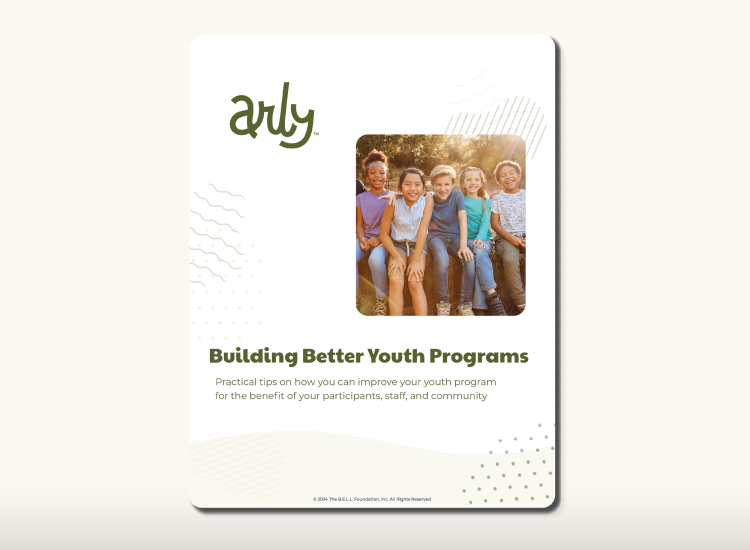Helping Solve Chronic Absenteeism with Quality Youth Programs
By Arly Communications on March 8, 2024
Chronic absenteeism presents a significant challenge for our youth today. Recent statistics reveal a concerning trend of increasing absenteeism, with more and more students missing a significant number of school days each year. In Washington D.C. alone, a staggering 43% of children missed at least 18 days of school last year, and 37% were deemed chronically truant after accumulating 10 unexcused absences.
Despite the complexity of factors contributing to chronic absenteeism – including transportation issues, health problems, family responsibilities, or a lack of support systems – there is hope for improvement. By acknowledging these barriers and actively seeking solutions, we can create a more supportive environment for students and families. Through collaborative efforts and targeted interventions, we can work towards ensuring that every student can attend school regularly and thrive academically and personally.
Extracurriculars are Anything but Extra
One great way to tackle chronic absenteeism is by offering high-quality extracurricular programs. These afterschool and summer programs provide additional opportunities for students to engage with their peers and communities beyond regular school hours.
And research backs this up. Numerous studies have shown that quality youth programs play a pivotal role in keeping students on track and preventing absenteeism. Research consistently finds that when students are actively involved in extracurriculars, they build stronger social-emotional skills, leading to increased engagement in school and a decreased likelihood of absence.
Engagement Leads to Increased Attendance and More
Extracurricular activities provide a safe and structured space where students can explore their interests, learn valuable life skills, and build meaningful connections. Whether it’s through sports, clubs, arts, or other enrichment programs, these activities encourage students to attend school regularly and to feel a sense of belonging and purpose within their educational environment.
Getting involved in extracurricular activities doesn’t just help with absenteeism. They’ve also been linked to improved academic performance, higher self-esteem, better time management skills, and increased resilience. Plus, youth who engage in these activities are more likely to graduate high school, pursue higher education, and make positive contributions to society.
Expanded and Affordable Access are Key
To tackle the chronic absenteeism crisis, we must prioritize the expansion and enhancement of extracurricular opportunities for all students. This means that schools, community organizations, and technology providers need to team up to ensure that these programs are accessible, affordable, and inclusive.
Implementing affordable youth program management technology like Arly helps expand access to high-quality youth experiences. By working together, we can strengthen support for families and help mitigate chronic absenteeism.
Learn more about our youth management platform, and see what it could mean for your extracurricular program!






%20(17).png)

%20(1320%20x%20980%20px)%20(660%20x%20490%20px)%20(600%20x%20350%20px)%20(1).png)
%20(49).png)
%20(63).png)